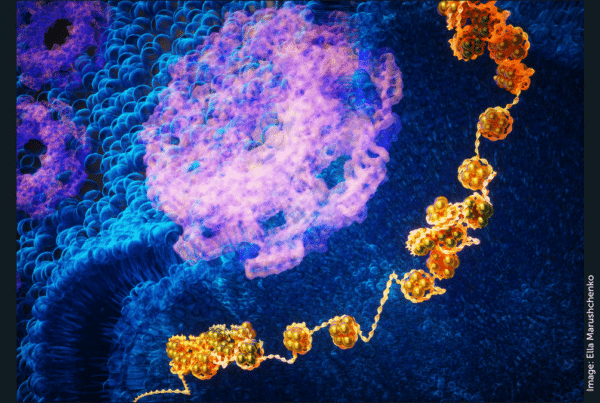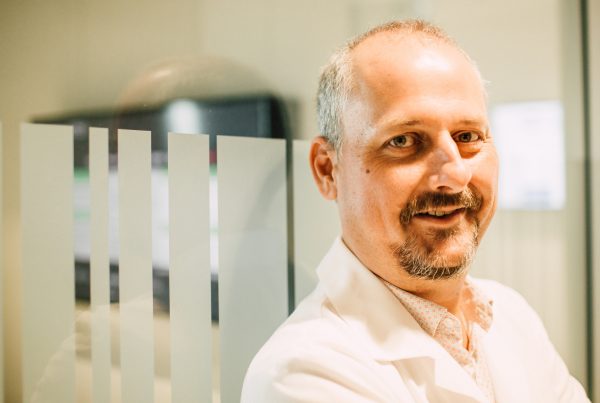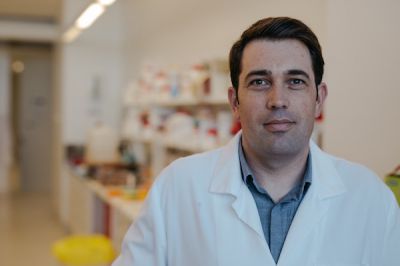Scientists find way to wipe a cell’s memory to better reprogram it as a stem cell
Read More
Mitochondria are microscopic, energy producing machines that are found in all human cells. Mitochondria are essential for the normal function and survival of all eukaryotic cells. Mitochondria contain a small set of genes that must work properly to make the energy our bodies require for health. Given their central role in providing energy for cells it is not surprising that mitochondrial dysfunction is involved in neurodegenerative disorders, diabetes, and cancer. Despite their importance the regulation of gene expression in mammalian mitochondria remains poorly understood. Defects in the expression of mitochondrial genes cause debilitating diseases for which there are no cures currently.
Our team investigates RNA-binding proteins that regulate the stability, expression and translation of mitochondrial genes. We investigate the genetic causes of diseases caused by mitochondrial dysfunction and analyse the molecular mechanisms that cause pathology in the diseases. As well as unravelling the mysteries of mitochondrial genetics and biology we are interested in the development of gene therapy approaches and therapeutics to combat mitochondrial dysfunction in disease.


